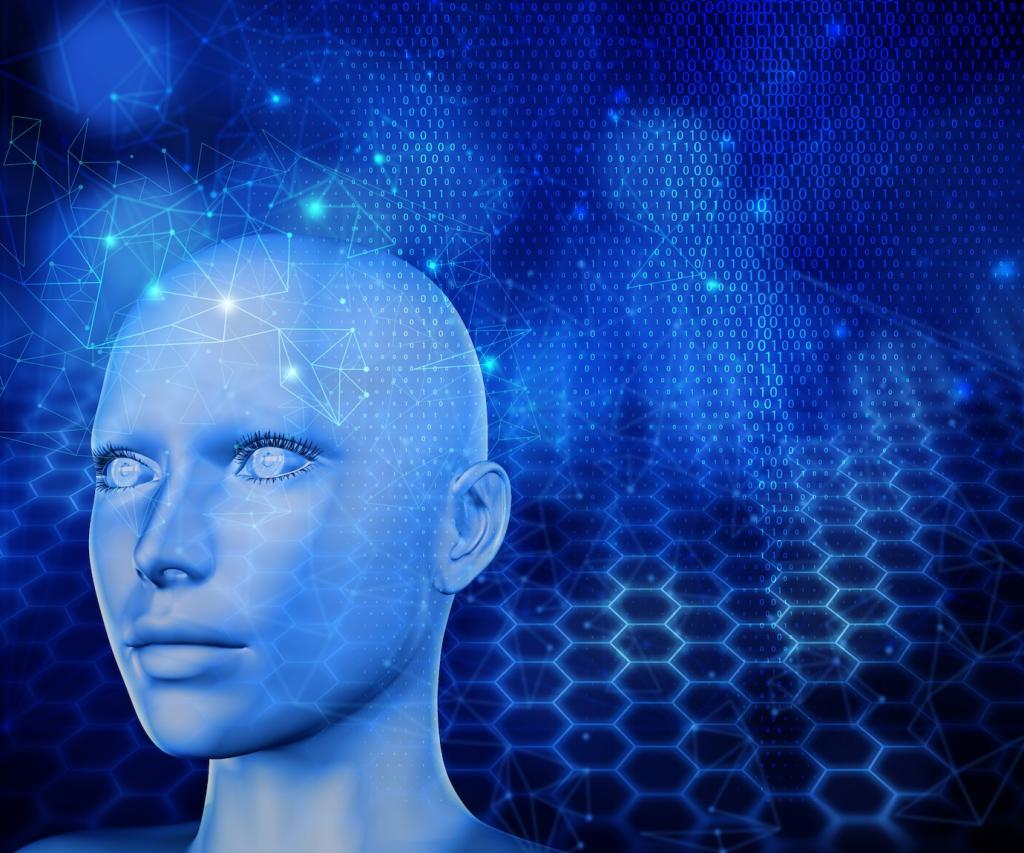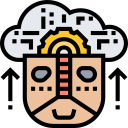AI-Driven Innovations in Healthcare Treatments and Therapies
Artificial intelligence (AI) is fundamentally transforming the landscape of healthcare by introducing new ways to diagnose, treat, and manage diseases. AI-driven innovations are not only enhancing the precision and speed of existing medical processes—but also creating entirely new avenues for therapy and patient care. As both technological capabilities and data availability expand, AI’s role in modern medicine is growing, offering hope for more personalized, effective, and equitable treatments. This page explores the key areas where AI is making the most significant impact on healthcare treatments and therapies.
Transforming Diagnosis and Early Detection
01
Enhanced Imaging and Radiology
AI-based imaging analysis solutions are revolutionizing radiology departments worldwide. By rapidly and consistently evaluating X-rays, CT scans, MRIs, and other medical images, AI can identify subtle patterns that may be missed by even the most experienced human eyes. These systems are continuously learning and updating their knowledge base as they process more data, which helps in detecting early signs of diseases such as cancer, cardiovascular issues, and neurological disorders. As a result, radiologists can provide quicker and more accurate diagnoses, reducing time to treatment and improving patient outcomes.
02
AI in Pathology
The integration of AI into pathology workflows allows for the rapid and automated analysis of tissue samples and blood slides. AI algorithms can quantify features within pathological specimens, assisting pathologists in identifying complex or rare conditions. These technologies significantly improve consistency and objectivity, minimizing variability among human interpreters. For diseases like cancer, AI can help grade tumors and predict clinical behavior, guiding treatment choices more effectively than traditional assessment methods. This leads to more precise and targeted therapies for individuals, supporting the broader movement toward personalized medicine.
03
Predictive Analytics for Early Intervention
Predictive analytics powered by AI are enabling clinicians to anticipate the onset or progression of diseases before they manifest clinically. By analyzing patterns in electronic health records, wearable device data, and genetic information, AI models can flag high-risk patients for conditions such as diabetes, heart failure, or sepsis. Early identification means that interventions can begin sooner, often with less intensive treatment. This proactive approach not only improves patient outcomes but also reduces overall healthcare costs by minimizing the need for emergency care and long-term complications.
Personalizing Therapies and Treatment Plans

Artificial intelligence is crucial in analyzing complex genomic data, which unlocks the potential for precision medicine. By rapidly interpreting variations in individual genomes, AI can help uncover the underlying genetic causes of diseases. This insight enables the development of targeted therapies that address the specific molecular pathways involved, particularly for conditions like cancer, rare genetic disorders, and chronic diseases. Personalizing treatment at the molecular level increases the likelihood of therapeutic success and significantly reduces the risk of adverse reactions caused by inappropriate medications.
Revolutionizing Treatment Modalities
Robotic Surgery and Assistance
AI-powered robotic systems have given surgeons enhanced dexterity, precision, and control during complex procedures. These systems can analyze real-time operational data, anticipate movements, and even adjust for tremors, allowing for minimally invasive surgeries with improved accuracy. Furthermore, AI-driven robotics are enabling remote surgeries, bringing advanced surgical care to patients in remote or underserved locations. The use of such technologies reduces procedural risks, shortens recovery times, and often leads to fewer complications, benefiting both patients and healthcare providers.
Digital Therapeutics and Virtual Care
Digital therapeutics represent a rapidly growing area where AI algorithms deliver personalized treatment for a range of conditions, including mental health disorders, diabetes, and cardiovascular disease. These software-based interventions are often delivered through smartphones or other personal devices, guiding and supporting patients in real time. AI analyzes user behavior and biological feedback to adjust therapy dynamically, ensuring high engagement and effectiveness. Virtual care platforms powered by AI also enable clinicians to monitor and interact with patients outside of traditional settings, making therapy more accessible and continuous.
AI-Driven Chatbots and Virtual Health Assistants
Virtual assistants and intelligent chatbots are increasingly becoming integral to patient engagement and support. These AI-driven platforms can triage symptoms, provide tailored health advice, answer medication questions, and remind patients of appointments or wellness activities. By using natural language processing, these tools understand and respond to patient queries around the clock, improving access to reliable healthcare information. Their integration into treatment workflows ensures patients are supported between clinical visits, reducing anxiety, improving compliance, and enhancing overall satisfaction with care.
